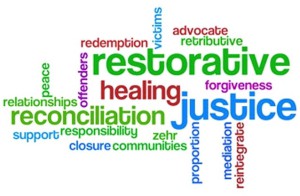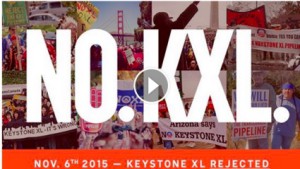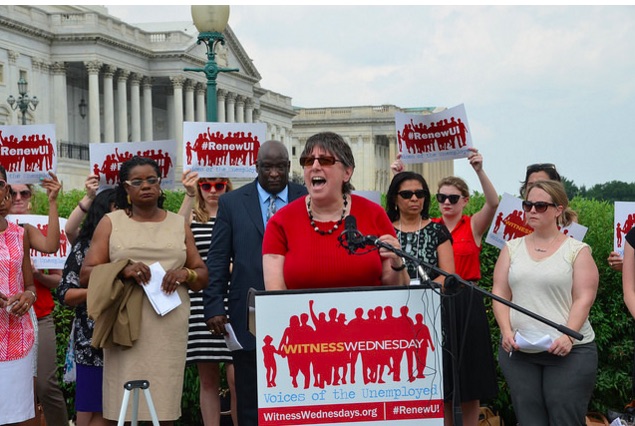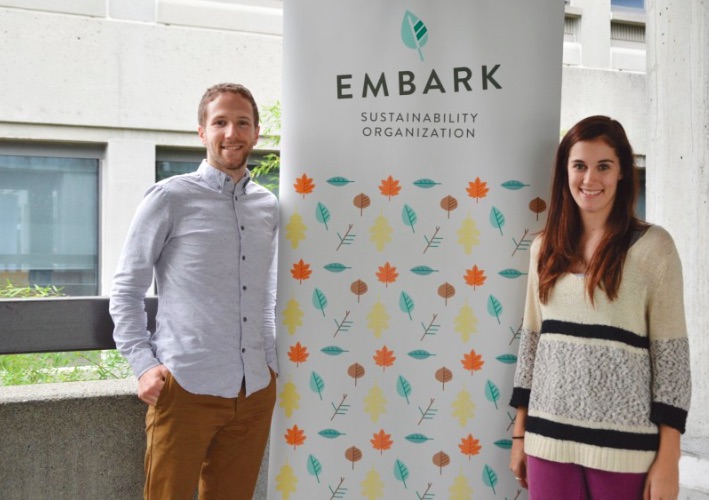FREE FLOW OF INFORMATION
An article by John Dear in the Huffington Post (reprinted consistent with the principles of “fair use”)
“Hope and healing, peace and justice!” That’s what Pope Francis called us to this morning as he addressed Congress. “Summon the courage and the intelligence to resolve today’s many geopolitical and economic crises,” he said.
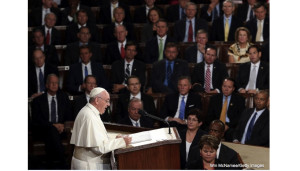
Photo by Win McNamee, Getty Images
click on photo to enlarge
“Our efforts must aim at restoring hope, righting wrongs, maintaining commitments, and thus promoting the well-being of individuals and of peoples. We must move forward together, as one, in a renewed spirit of fraternity and solidarity, cooperating generously for the common good.
I was with Pope Francis yesterday, saying Mass at Catholic University, and heard him reflect on a passage from the Gospel of Matthew, where Jesus instructs us to “go forth and proclaim good news to all nations.” It was inspiring and energizing to hear him send us forth. “Keep moving forward, going out into the world with the Gospel,” he said.
Today, with his address to Congress, Pope Francis did just this. I heard his speech as a call to action. And I heard a specific “to do” list: End the death penalty, poverty, hunger, rampant capitalism, the exclusion of immigrants, war, the arms trade, and environmental destruction.
He offered his call to action by invoking four great Americans — two that everyone knows, and two others that have been my lifelong guides, who many still do not know: Abraham Lincoln, Martin Luther King, Jr., Dorothy Day and Thomas Merton.
With Lincoln, he invoked the great liberator who ended slavery. With King, he invoked the great dreamer who imagined what we could be — more just, respectful, equitable and nonviolent. With Dorothy Day of the Catholic Worker, he called us to end poverty and hunger, and pursue social justice and peace. With Thomas Merton, the monk and author, he invited us to the life of contemplative peace, oneness with creation, and the search for God.
In a gentle way, he asked us to use the Golden Rule as our guide. The Golden Rule is mentioned in every religion, and cited by Jesus in the Sermon on the Mount: “Do unto others as you would have them do unto you.”
“Let us treat others with the same passion and compassion with which we want to be treated,” he said.
Let us seek for others the same possibilities which we seek for ourselves. Let us help others to grow, as we would like to be helped ourselves. In a word, if we want security, let us give security; if we want life, let us give life; if we want opportunities, let us provide opportunities. The yardstick we use for others will be the yardstick which time will use for us. The Golden Rule also reminds us of our responsibility to protect and defend human life at every stage of its development.
Then he got down to business. End the death penalty, he said emphatically. “I am convinced that this way is the best, since every life is sacred, every human person is endowed with an inalienable dignity, and society can only benefit from the rehabilitation of those convicted of crimes.”
Invoking Dorothy Day of New York, he said we need to continue the fight to end poverty and hunger. “I would encourage you to keep in mind all those people around us who are trapped in a cycle of poverty. The fight against poverty and hunger must be fought constantly and on many fronts, especially in its causes.”
“I call for a courageous and responsible effort to ‘redirect our steps,’ and to avert the most serious effects of the environmental deterioration caused by human activity,” he said urging us to end environmental destruction. “I am convinced that we can make a difference.”
(Article continued in right column)
Question(s) related to this article:
Where in the world can we find good leadership today?
(Article continued from left column)
Then Pope Francis invoked Thomas Merton, “a man of prayer, a thinker who challenged the certitudes of his time and opened new horizons for souls and for the Church. He was also a man of dialogue, a promoter of peace between peoples and religions.”
My new book, Thomas Merton Peacemaker, examines Merton’s teachings of peace and nonviolence. I hope you will all get it and study it. Merton calls us all to be peacemakers, to make peace with ourselves, with one another, with God and with creation. Merton spoke against racism, nuclear weapons, the Vietnam War, and all forms of violence, and he often did this by dialoguing with others.
Invoking Merton’s way of dialogue and peace, he invited world leaders to end war.
Being at the service of dialogue and peace also means being truly determined to minimize and, in the long term, to end the many armed conflicts throughout our world. Here we have to ask ourselves: Why are deadly weapons being sold to those who plan to inflict untold suffering on individuals and society? Sadly, the answer, as we all know, is simply for money: money that is drenched in blood, often innocent blood. In the face of this shameful and culpable silence, it is our duty to confront the problem and to stop the arms trade.
“To imitate the hatred and violence of tyrants and murderers is the best way to take their place,” he said. Francis wants us to refuse the money made from war, the money drenched in the blood of the poor, the blood of Christ, and become peacemakers.
It seemed to me that the TV commentators were completely helpless to respond to such a vision and call. Most of the politicians seemed to applaud politely out of courtesy. I think his message, delivered with humility and grace, probably went over all our heads.
Nonetheless, Pope Francis calls each one of us to rise above ourselves and get to work with the task at hand. He urges us to do what we can to end the death penalty, poverty, hunger, exclusion of immigrants, war, greed, the arms trade, and environmental destruction. He calls us to be like Jesus and St. Francis, people of the Golden Rule.
This week, my friends and I organized over 360 demonstrations across the United States, called “Campaign Nonviolence,” a coordinated, nationwide campaign where tens of thousands of people spoke out against the whole spectrum of violence — war, poverty, nuclear weapons, and environmental destruction, and for a new culture of peace and nonviolence. From Wilmington, Delaware to Honolulu, Hawaii, joined that call for justice and peace. For a detailed list of events, and to join, see: www.campaignnonviolence.org.
This is the kind of action that Pope Francis calls for. We need a new national and global grassroots movement for peace, justice and nonviolence, and that means, we all need to get involved, to rise to the occasion as he has, to take a stand, speak out, take to the streets, and keep moving forward toward a more nonviolent world.
My hope and prayer is that we will heed the call and do our part for “hope and healing, peace and justice.”
